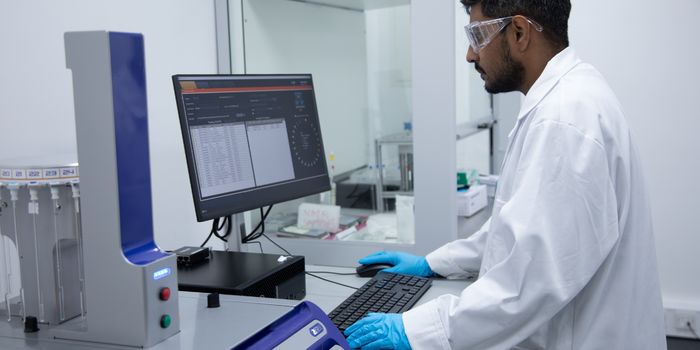IVF Success Rates for Fresh Embryos vs. Frozen
In vitro fertilization (IVF) is a miracle for those who want children but have difficulty conceiving. Eggs that are fertilized outside the body develop into embryos that can be implanted and hopefully result in a successful pregnancy.
Embryos can also be frozen for future use. It's been believed that there is an increased chance of success with IVF when the embryos are not frozen. New research from scientists in Vietnam and Australia has found that frozen embryos are just as likely to result in a live birth as fresh embryos.
The New England Journal of Medicine will publish the results of a study that showed equal results in a group of women who underwent IVF, whether they used frozen embryos or fresh.
Lead author of the study, Dr. Lan N. Vuong from the Department of Obstetrics & Gynecology, University of Medicine and Pharmacy at Ho Chi Minh City, and My Duc Hospital, Ho Chi Minh City explained, "Frozen embryo techniques are growing in popularity in fertility clinics worldwide. This is one of the reasons why our research is important for fertility clinicians and researchers, and of course couples who are hoping to have a child."
Dr. Vuong's collaborated with Professor Ben Mol, from the University of Adelaide's Robinson Research Institute and Professor Robert Norman, also from the Robinson Research Institute, University of Adelaide. The study included nearly 800 women who had infertility issues that were not attributable to polycystic ovarian syndrome (PCOS.) Each woman underwent a cycle of IVF treatment where embryos were transferred, some fresh, some frozen. A subsequent round of IVF was completed without stimulation from fertility drugs, using embryos that had been thawed.
The results were almost a dead heat. After the first IVF cycle, 36% of the women had successful pregnancies after receiving frozen embryos, and 35% had successful pregnancies after the use of fresh embryos. While not every pregnancy resulted in a live birth, in the frozen embryo group 34% of the women completed the pregnancy with a live birth. In the group of women who received fresh embryos, 32% safely delivered a living child.
Collaborating author Professor Mol summarized the results stating, "Previous research has shown that women who experience infertility because of PCOS benefit from significantly higher live birth rates from frozen embryos in IVF procedures, but the evidence was lacking for this approach in non-PCOS patients. This new study shows that infertile women not suffering from PCOS have equivalent live IVF birth rates from frozen embryos, which is important news for infertile women worldwide."
The method of freezing the embryos was specific in the research. It's called Cryotech vitrification, and the authors were quick to point out that their results might not be the same with other methods of embryo freezing. There are more costs associated with storing and freezing embryos, so this study will help IVF patients worry less about which method they choose to use. Since the results are nearly equal, the decision can be made without concern over sacrificing good odds for potential financial savings. The video below is the story of a woman in Tennessee who recently gave birth after being implanted with an embryo that had been frozen for 24 years, the longest of any embryo that resulted in a live birth
Sources: University of Adelaide, New England Journal of Medicine, Time.com









